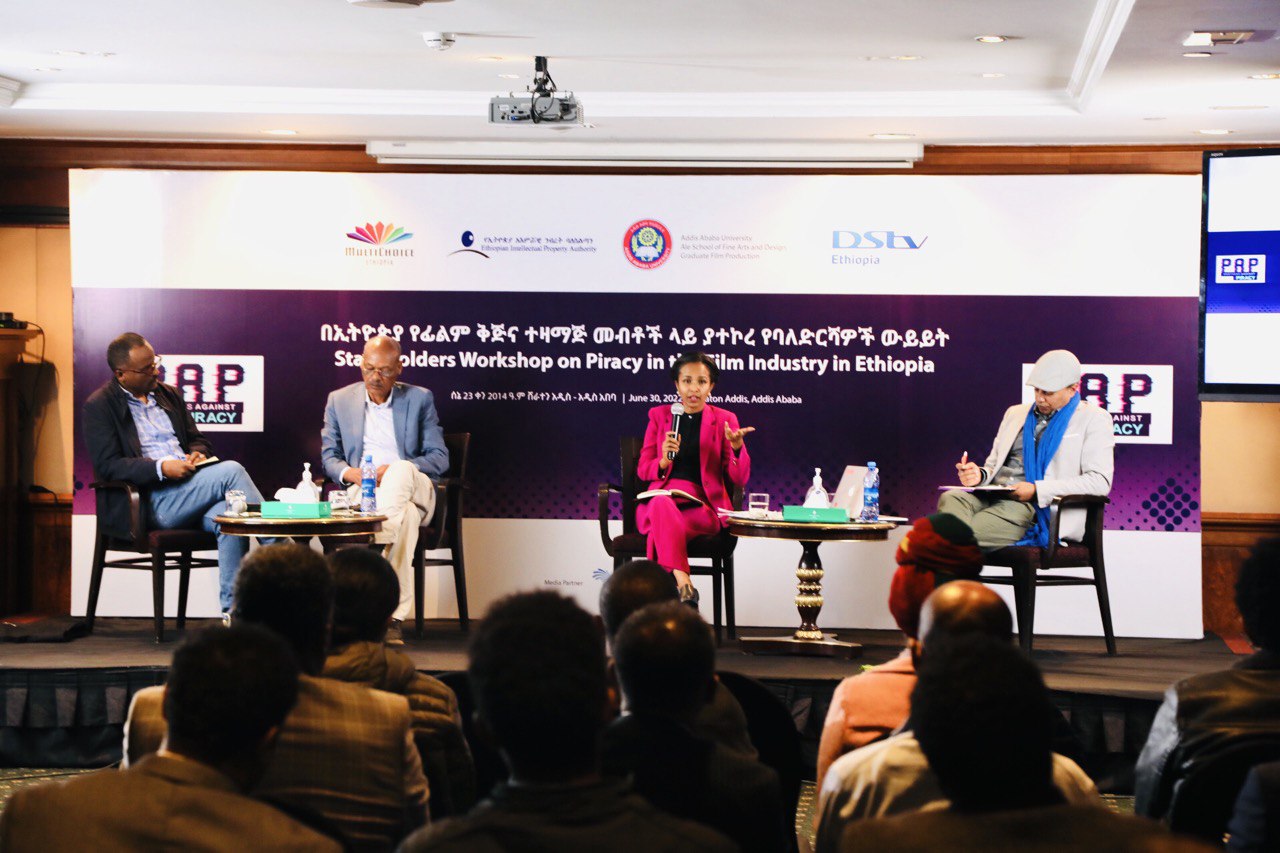
Fortune News | Nov 16,2019
Aug 3 , 2025
By Belete A. Yemata
When Sandford International School (SIS) opened its doors in Addis Abeba more than seven decades ago, few would have predicted that its largest challenge would come not from the rigours of education but from the tax office.
In recent weeks, the Ministry of Revenues demanded over 129 million Br in back taxes from the School, claiming that its fee-charging operations resemble a commercial enterprise far more than a charitable nonprofit. Its administrators insist that it is a nonprofit entity that reinvests every penny into staff salaries, teaching materials, and campus infrastructure. The dispute has illuminated an ambiguity at the heart of the legal regime for civil society and raised questions.
When does a nonprofit organisation cross the line into taxable business? And when do its educational activities truly serve the public?
Around the world, fee-charging schools, universities, and hospitals often claim charitable status, even as critics question whether large surpluses or high tuition fees undermine any public benefit. Defenders argue that scholarships, reinvestment of revenues, and mission-driven programs justify exemption from income tax. This debate has prompted some governments to carve out narrow definitions for “related business income,” insisting that only trading activity unrelated to an institution’s core mission be taxed.
Other jurisdictions demand evidence of substantial service to underserved communities or cap fee levels to ensure that an institution does not operate solely as a business.
Ethiopia’s civil society, by contrast, has long been muted in its engagement with commercial operations. Most nonprofit organisations rely heavily on foreign grants rather than tuition revenue, and few have chosen to challenge tax notices in court. Sandford may change that pattern.
Registered under the laws governing the activities of charities and society organisations as a charitable entity, Sandford collected fees from parents worth hundreds of millions of Birr over five fiscal years, beginning in July 2018. The tax authority, wielding the Federal Income Tax Proclamation, has argued that all trading revenue, even when aligned with an organisation’s charitable objectives, is taxable at the standard corporate rate.
In the Appeal Office’s decision crushing Sandford’s defence, the panel acknowledged the School’s charitable registration but insisted that its operations closely resemble a private international school.
The ruling stated, “It [Sandford School] doesn’t serve the public or third parties in the charitable sense,” arguing that the nature of activity, such as fee collection, determines tax liability, irrespective of how the proceeds are used.
This confrontation turns on three questions.
Is charging tuition a commercial activity?
Under the commercial laws, the answer is straightforwardly yes. Any entity that collects fees in exchange for services engages in commerce, regardless of the end use of the funds.
Are nonprofits permitted to engage in business?
The gap between the CSO Proclamation and the Income Tax Proclamation has produced an unresolved tension.
Here, Ethiopian law is more enlightened. The CSO Proclamation explicitly allows civil society organisations to run lawful businesses or investments to mobilise resources, provided that profits are not distributed to members or founders. In principle, a nonprofit can trade, so long as it channels all earnings back into its mission.
Lastly and most contentious.
Is such income exempt from tax?
The Federal Income Tax Proclamation exempts nonprofit income other than business income that is not directly related to an organisation’s core function. A literal reading suggests that missionrelated trading, such as tuition in exchange for education, should be exempt. But tax officials insist that only “nontrading” income, such as grants and donations, qualifies. The result is any revenue from fee schedules, even if missionaligned, is swept into the businessincome net and taxed accordingly.
The gap between the CSO Proclamation and the Income Tax Proclamation has produced an unresolved tension. The former invites financial innovation, opening civic space that foreign grants have traditionally sealed. The latter treats all earned income as a business, ignoring whether an activity furthers the public good.
Sandford School’s impending court challenge could offer vital clarity. However, regardless of the legal outcome, the case brings to the fore a broader policy question.
How should Ethiopia approach mission-driven commercial activities?
A too narrow interpretation risks penalising nonprofits that innovate to reduce their dependency on volatile foreign funding. Too broad a carveout invites abuse by entities that masquerade as charitable but operate like profit-maximising firms.
Comparative examples may prove instructive.
In the United Kingdom (UK), charities enjoy tax exemption on trading income if it is ‘‘wholly or mainly’’ related to their charitable purposes, and they must demonstrate that any surplus is ploughed back into the mission. In Canada, small business operations incidental to a charity’s objectives can remain untaxed, provided they meet a threshold of size and purpose. Some American states exempt revenue from tuition when fees are used exclusively for educational advancement, but often require detailed reporting on scholarships and public outreach programs.
As foreign funding dwindles and domestic support becomes ever more vital, domestic civil society organisations will need to explore fee structures and social enterprises to sustain their work. But without clear guidance, they face unpredictable tax bills that could threaten budgets or deter experimentation.
Policymakers have several reform options. They could write a definition of “related business income” in tax law, clarifying that revenue from activities directly tied to an organisation’s mission is exempt, so long as profits are reinvested and fees remain reasonable. They could introduce a “cost recovery” exception, where modest charges meant solely to cover expenses are exempt from classification as taxable business income.
Alternatively, they could require nonprofits to report scholarship levels or target populations, tying exemption to demonstrable public benefit rather than legal form.
The Sandford School dispute may prove an unwelcome burden for school administrators and parents who want to focus on learning. However, it presents an opportunity for policymakers to refine the legal architecture and join the ranks of countries that balance fiscal accountability with robust civic engagement. A wellcalibrated approach would preserve public stewardship of charitable law while ensuring that nonprofit organisations have the financial flexibility to innovate, grow and serve communities at scale.
As the Addis Ababa courts prepare to hear arguments, one hope lingers: that Ethiopia emerges with a tax framework that recognises education as a public good, even when delivered in part through feecharging institutions. Otherwise, the country may find that in protecting its revenue base, it has inadvertently choked off the very organisations that deliver vital services to its citizens.
PUBLISHED ON
Aug 03,2025 [ VOL
26 , NO
1318]


Fortune News | Nov 16,2019

Sponsored Contents | May 02,2023

Radar | Apr 24,2023

Commentaries | Aug 13,2022

Commentaries | Jun 21,2025

Featured | May 03,2024

Agenda | Aug 04,2024

Commentaries | Sep 10,2023

Agenda | Feb 24,2024

Sponsored Contents | Jul 04,2022

Photo Gallery | 176996 Views | May 06,2019

Photo Gallery | 167212 Views | Apr 26,2019

Photo Gallery | 157801 Views | Oct 06,2021

My Opinion | 136946 Views | Aug 14,2021

Dec 22 , 2024 . By TIZITA SHEWAFERAW
Charged with transforming colossal state-owned enterprises into modern and competitiv...

Aug 18 , 2024 . By AKSAH ITALO
Although predictable Yonas Zerihun's job in the ride-hailing service is not immune to...

Jul 28 , 2024 . By TIZITA SHEWAFERAW
Unhabitual, perhaps too many, Samuel Gebreyohannes, 38, used to occasionally enjoy a couple of beers at breakfast. However, he recently swit...

Jul 13 , 2024 . By AKSAH ITALO
Investors who rely on tractors, trucks, and field vehicles for commuting, transporting commodities, and f...

Oct 18 , 2025
The political establishment, notably the ruling party and its top brass, has become p...

Oct 11 , 2025
Ladislas Farago, a roving Associated Press (AP) correspondent, arrived in Ethiopia in...

Oct 4 , 2025
Eyob Tekalegn (PhD) had been in the Governor's chair for only weeks when, on Septembe...

Sep 27 , 2025
Four years into an experiment with “shock therapy” in education, the national moo...

Oct 18 , 2025 . By NAHOM AYELE
In a sweeping reform that upends nearly a decade of uniform health insurance contribu...

A bill that could transform the nutritional state sits in a limbo, even as the countr...

Oct 18 , 2025 . By SURAFEL MULUGETA
A long-planned directive to curb carbon emissions from fossil-fuel-powered vehicles h...

Oct 18 , 2025 . By BEZAWIT HULUAGER
Transaction advisors working with companies that hold over a quarter of a billion Bir...